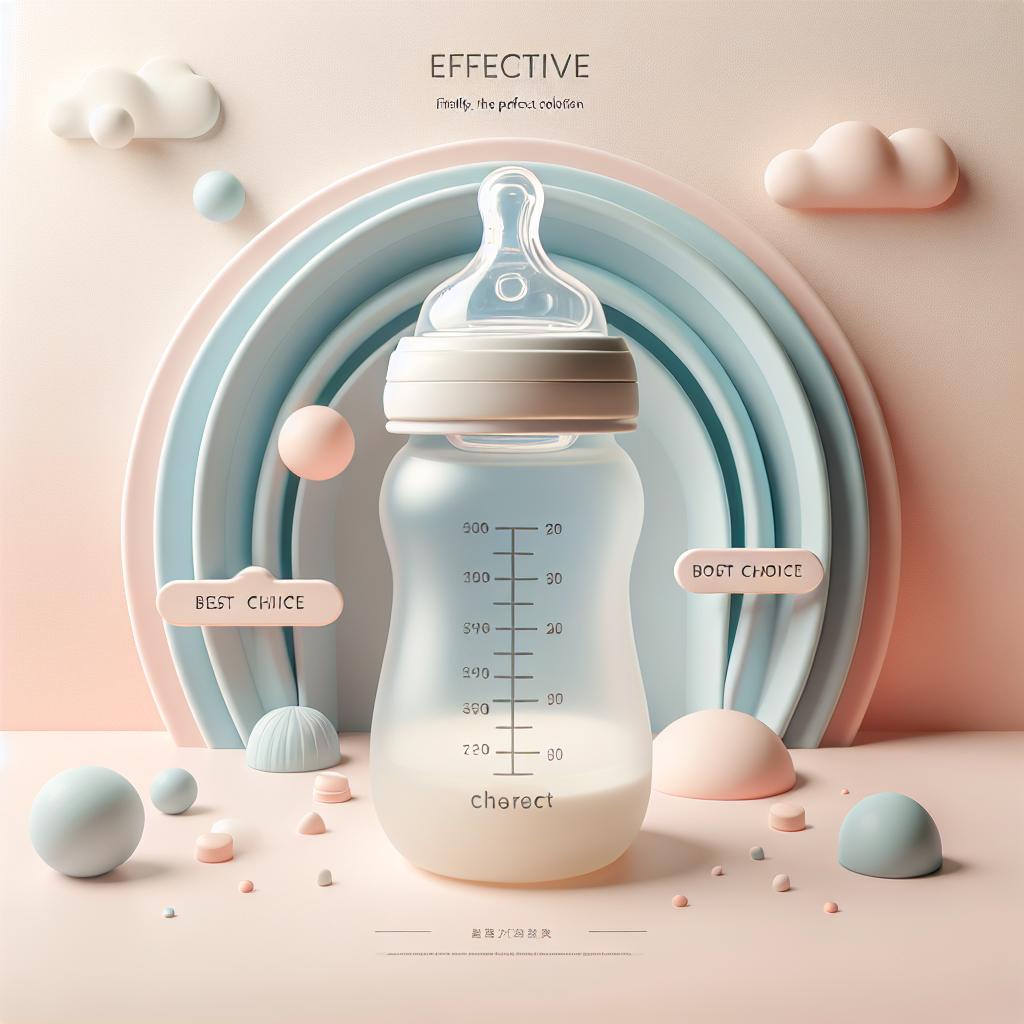Deciphering the Language of Newborns
When you bring your newborn baby home for the first time, it’s a moment of pure joy and intense wonder. But soon, as a new parent, you start to realize that your tiny bundle of love communicates in a language of their own. This brings us to the topic at hand: understanding baby cues. It’s like trying to solve a complex puzzle with countless pieces all in the same color. However, with some patience, time, and a solid foundation of knowledge, this puzzle becomes more manageable.
Understanding Baby Cues: It’s All About Observation
Newborns primarily communicate through body gestures and sounds. By becoming attuned to these cues, you can understand their needs more accurately, thus fostering a more responsive parenting approach. For instance, a clenched fist or jerky movements often indicates hunger, while a red face or crying, common baby cues, signify discomfort or irritation.
Studies, such as those published by American Psychological Association and featured on the Physio-pedia website, emphasize the necessity of understanding baby cues in the early stages of newborn development. These cues, although subtle, are potent indicators of a newborn’s condition, comfort, and needs.
Recognizing Common Baby Cues
Here are some common baby cues that you should familiarize yourself with for better newborn communication:
- I’m Hungry: Early signs of hunger include sucking on fingers, lip-smacking, and turning the head towards anything that touches their cheek. Crying is a late sign of hunger.
- I’m Sleepy: Yawning, fussiness, rubbing eyes, and ear tugging often mean your baby needs sleep.
- I’m Full: Turning away from the breast or bottle, relaxed hands, and falling asleep during feeding are signs your baby is full.
- I Need a Break: If your baby looks away during playtime, they might need a moment of calm.
There are more detailed resources available for understanding newborn behavior, such as publications like Understanding Newborn Behavior & Early Relationships.
Managing Newborn Communication
Once you are familiar with the basic baby cues, managing their needs becomes relatively simple. However, it can still be challenging, especially during certain phases such as teething or when trying to choose the right pediatrician. Managing teething relief for your baby and choosing the right pediatrician are invaluable resources that can provide further support to new parents.
In the end, remember that every baby is unique and their communication style may vary. It’s all a learning process, so be patient with yourself and your little one. While it takes time to decode these cues fully, knowing what your baby is trying to tell you can indeed make parenthood a more enjoyable journey.
With these insights, you can now take a step ahead in understanding baby cues. Over time, these observations will help you become more attuned to your baby’s needs and responses, thereby enhancing your bond and ensuring their well-being. And remember, it’s a two-way process. As you learn to understand your baby’s cues, your baby is also learning to trust and depend on you for comfort, security, and love. This mutual understanding is at the heart of a profound and cherished parent-child relationship.
Various Approaches to Learning Newborn Language
There are numerous ways you can improve your ability to understand your baby’s cues. While some parents rely on natural instinct, many others find it helpful to study available resources, engage with pediatric experts, or participate in parent-infant bonding activities. Books on Understanding Newborn Behavior and resources that offer insights into early relationships can be especially useful in helping you decode your baby’s language. Do remember, however, that nothing can replace personal observation and interaction with your baby.
Benefits of Understanding Your Newborn’s Language
Understanding your baby’s cues offer several key benefits, which include:
- Creating a stronger bond: Being able to respond correctly to your baby’s needs helps in creating a bond of understanding and trust between the both of you.
- Improved confidence: As a new parent, understanding what your baby needs can improve your confidence in parenting and approaches to care.
- Reduced stress: Recognizing and meeting your baby’s needs promptly often leads to less crying and discomfort, which reduces stress for both you and your newborn.
- Better planning: Predicting your baby’s needs can help you better organize feeding and sleeping schedules, leading to a more balanced lifestyle.
- Enhanced baby health: Meeting your baby’s needs – be it hunger, sleep, or comfort – in time can significantly contribute to their overall growth and development.
A Journey Worth Taking
Understanding your baby’s language can initially feel like a daunting task. But every deciphered cue is a milestone towards understanding your baby better. Each correct response strengthens your relationship with your little one and sets a strong foundation for your future communication. Indeed, the reward is worth the effort.
In addition to one’s observational skills, seeking professional guidance can further enhance your understanding of your baby’s language. Top-tier medical organizations like the Emory University Department of Pediatrics Neonatology division, provide valuable resources for parents keen on understanding their newborn’s behaviors and cues.
Mistakes are Learning Opportunities
During this journey, it’s also important to remember that mistakes are inevitable, and each one is a learning opportunity. So be gentle with yourself and your baby, and remember that this process of learning and understanding can also be an enriching period of bonding with your newborn.
Joining a Community
Furthermore, joining a community of new mothers may open doors to shared experiences, tips, and coping strategies. Baby Behavior Communities are spaces where parents can feel less alone in their parenthood journey and can collectively learn more about baby cues and behaviors.







